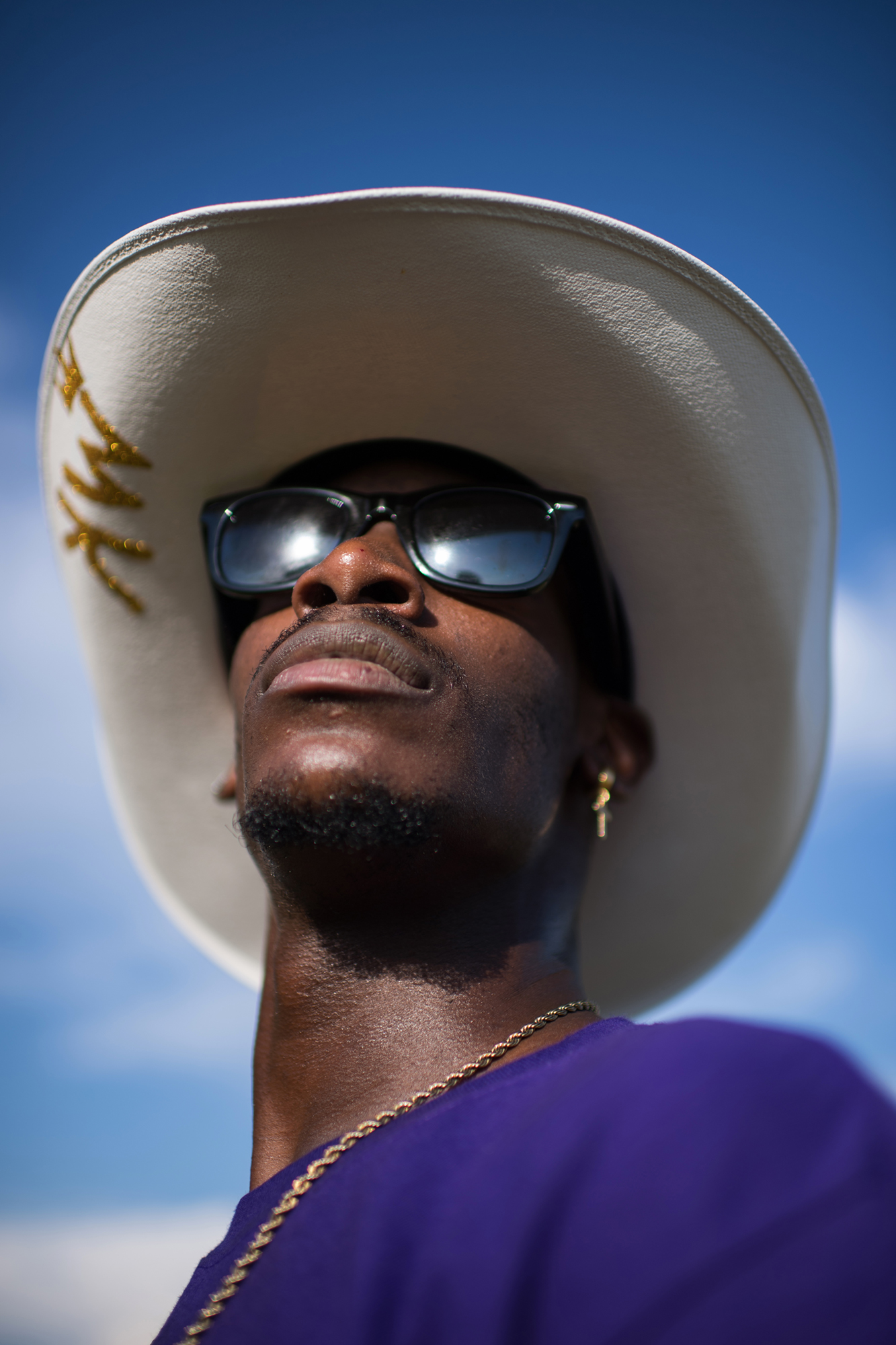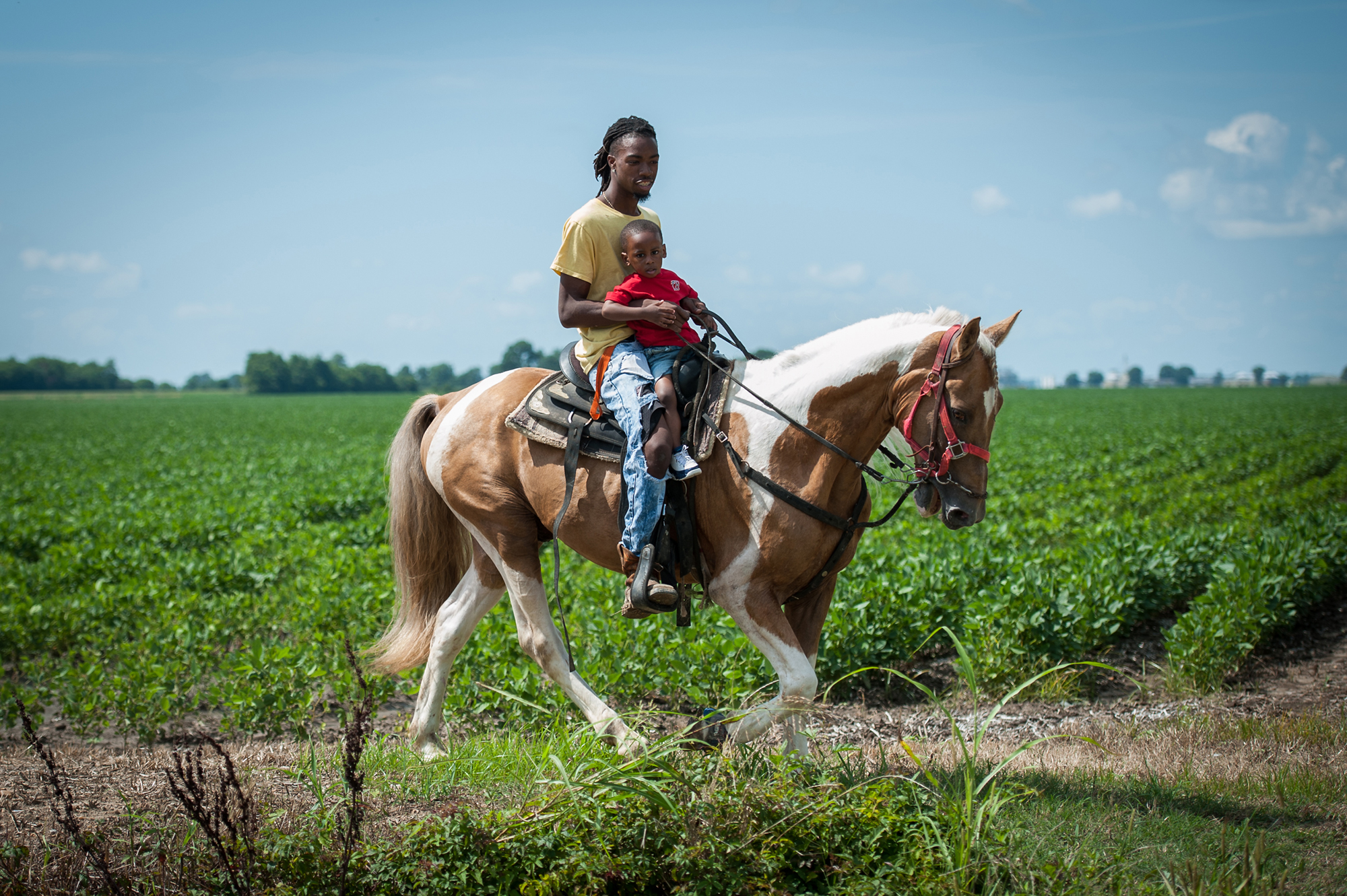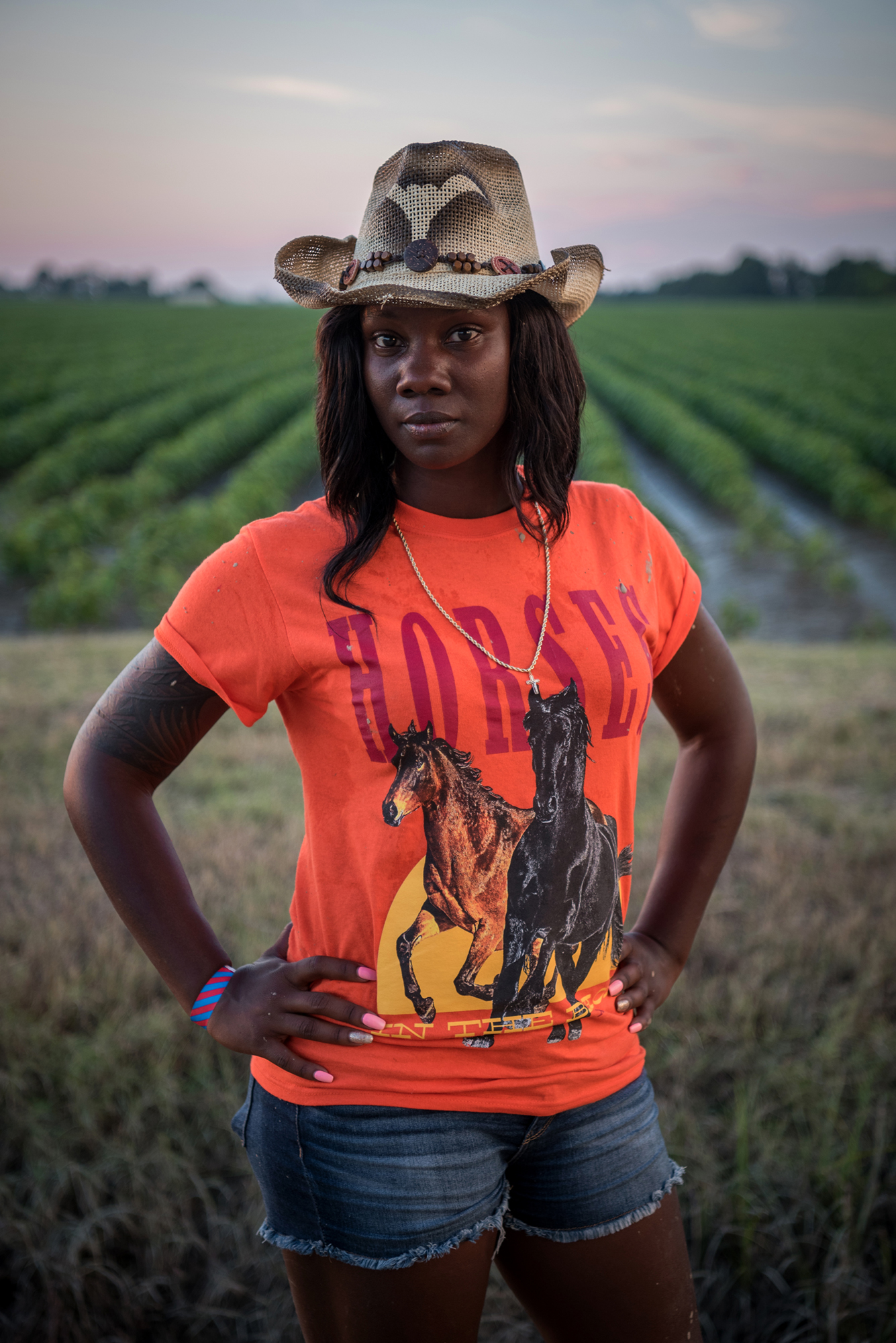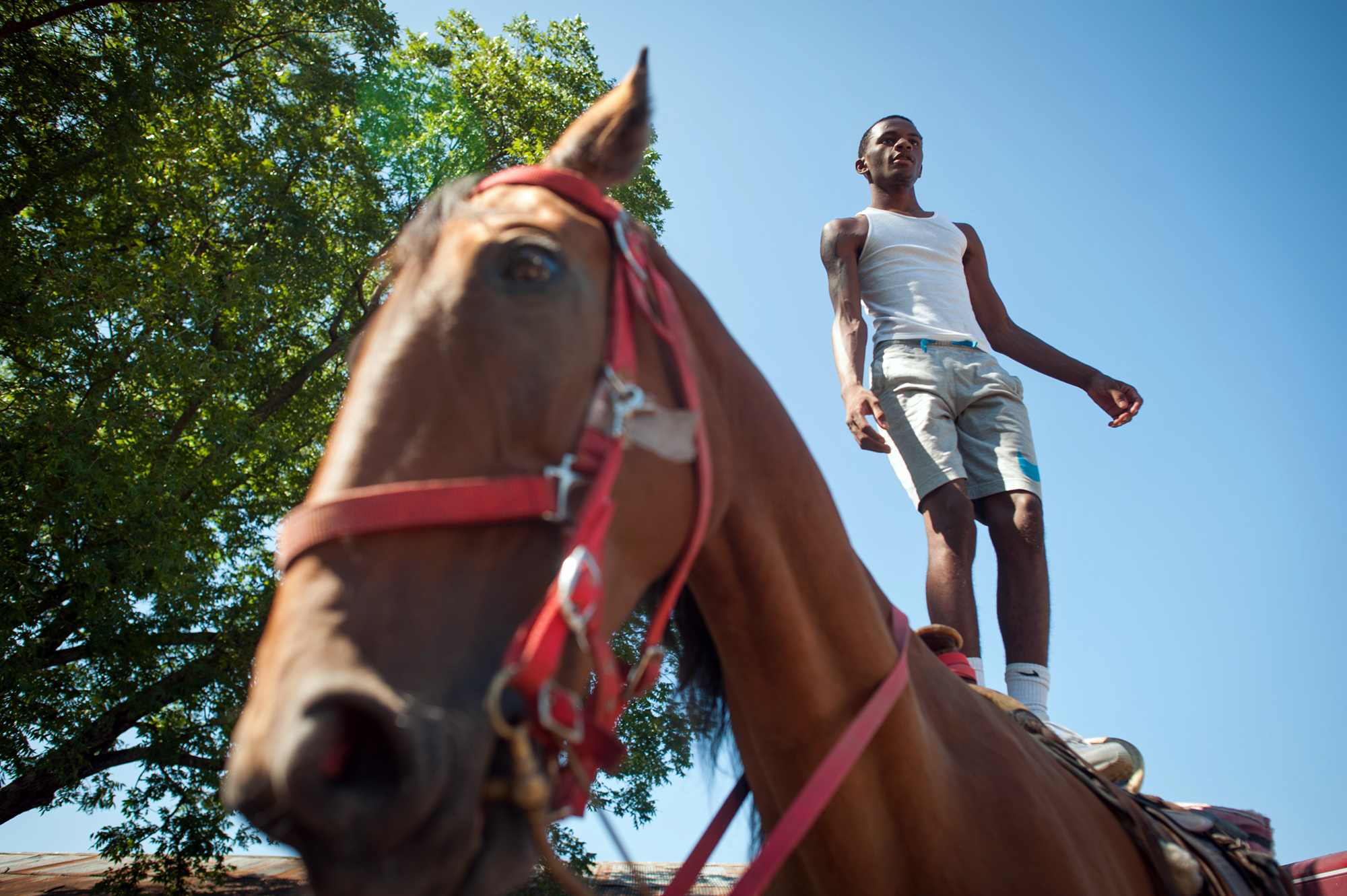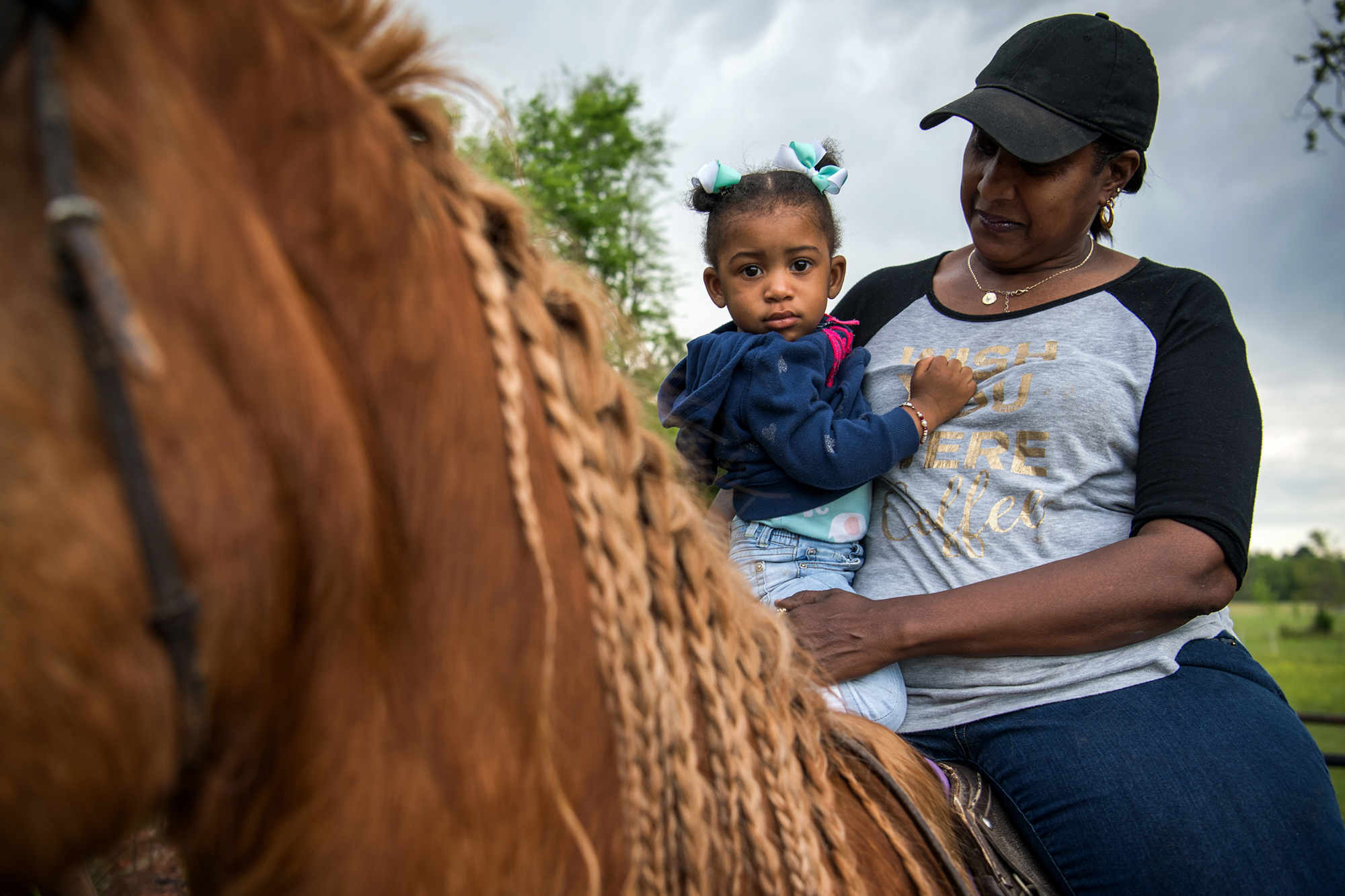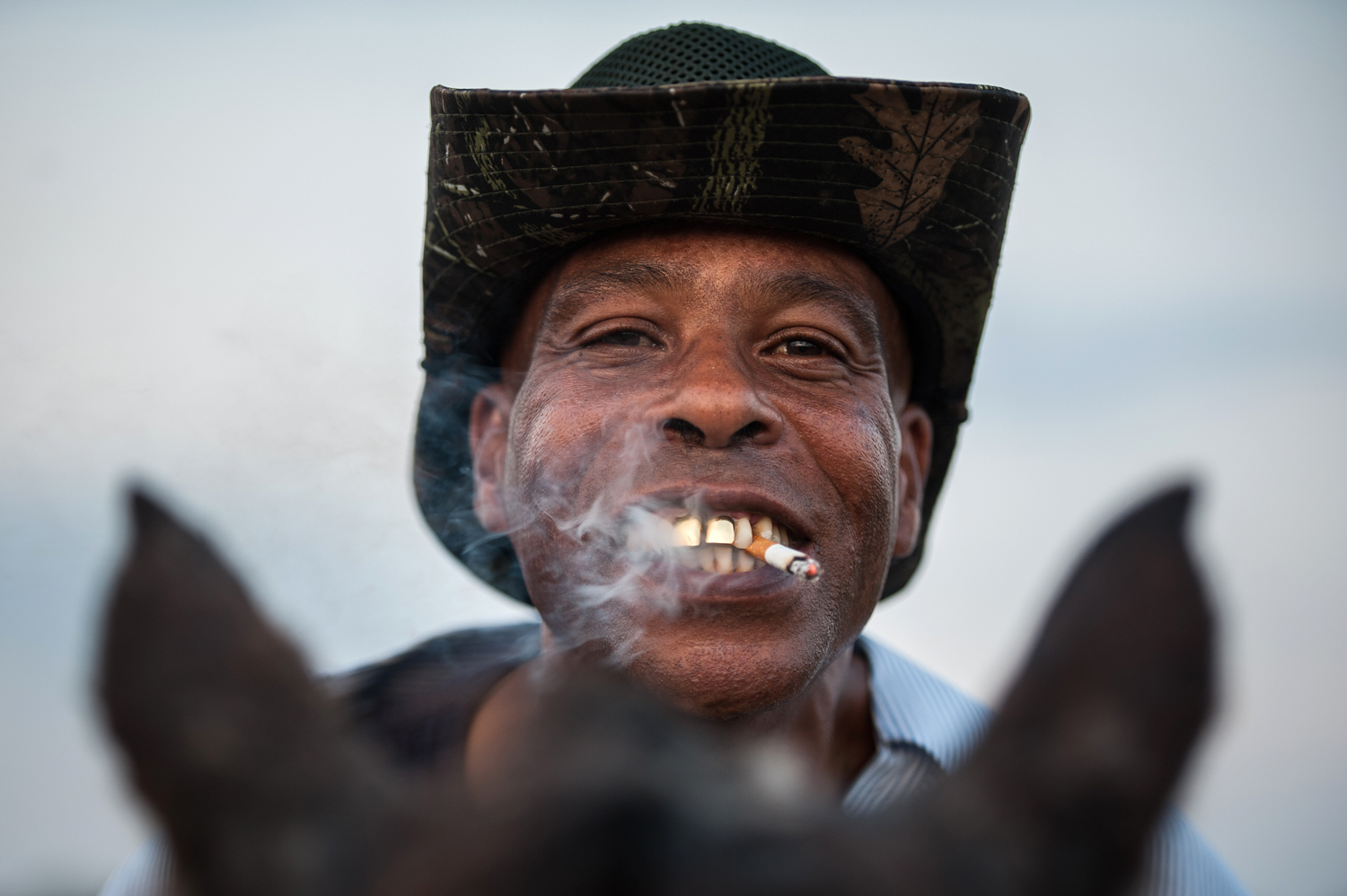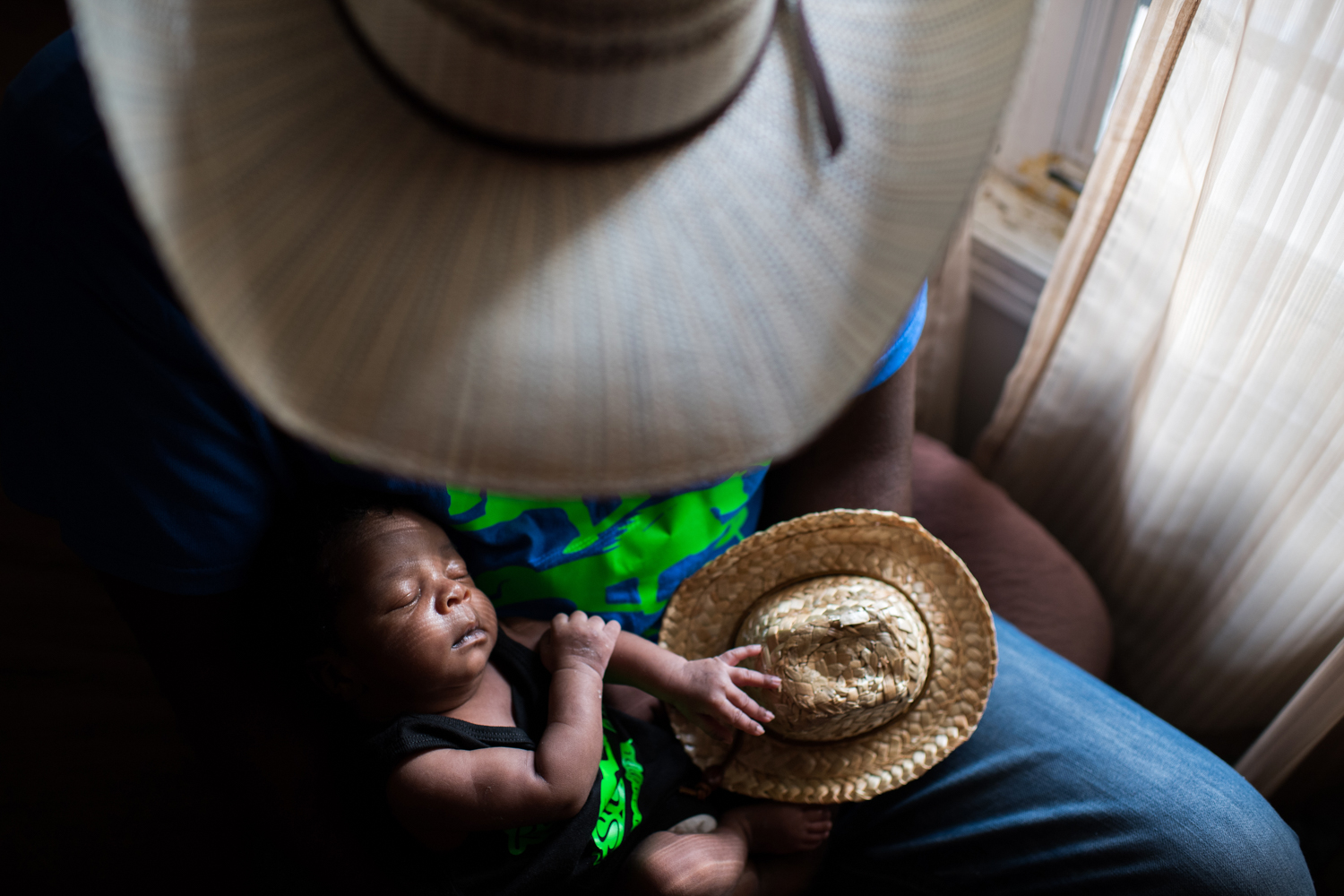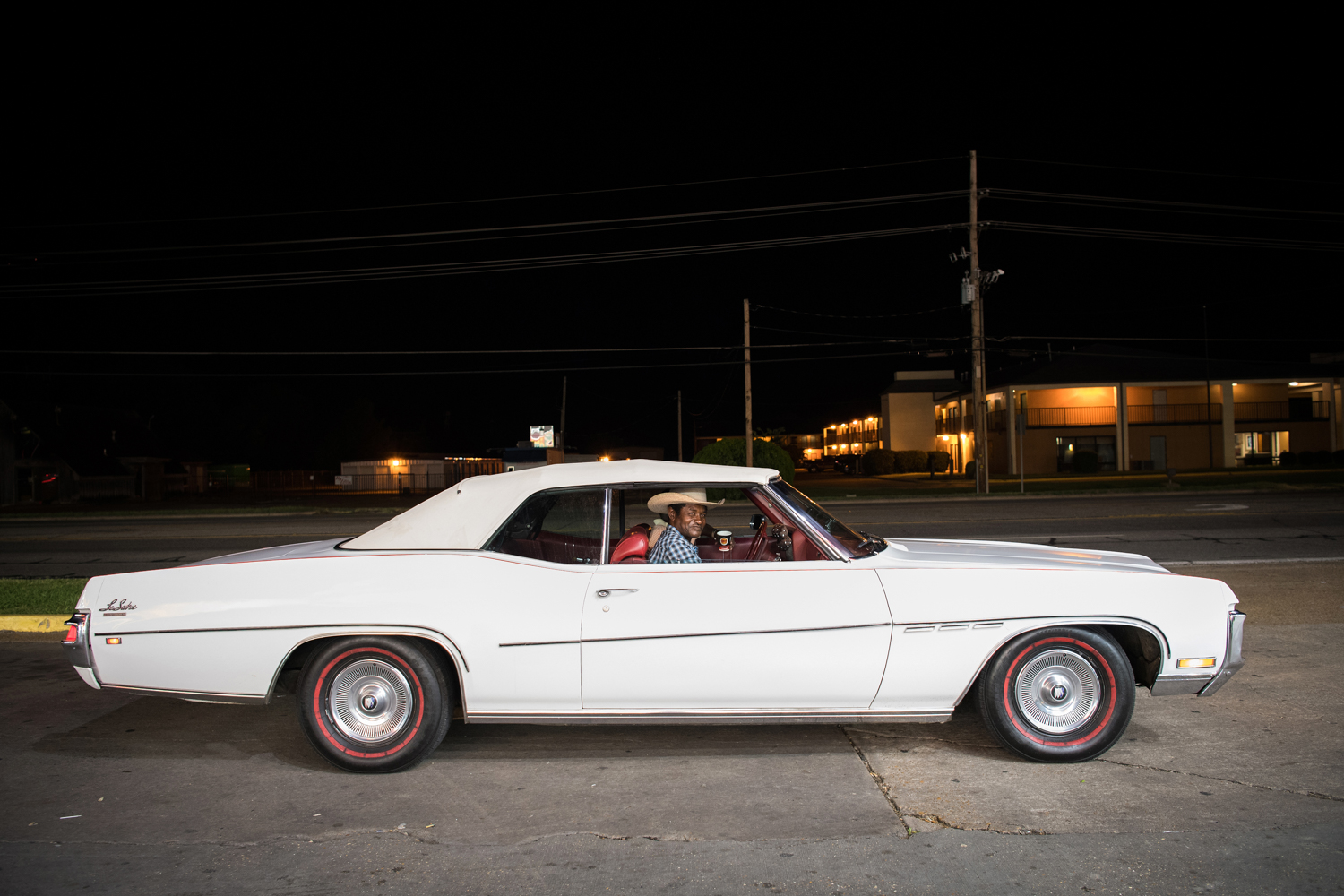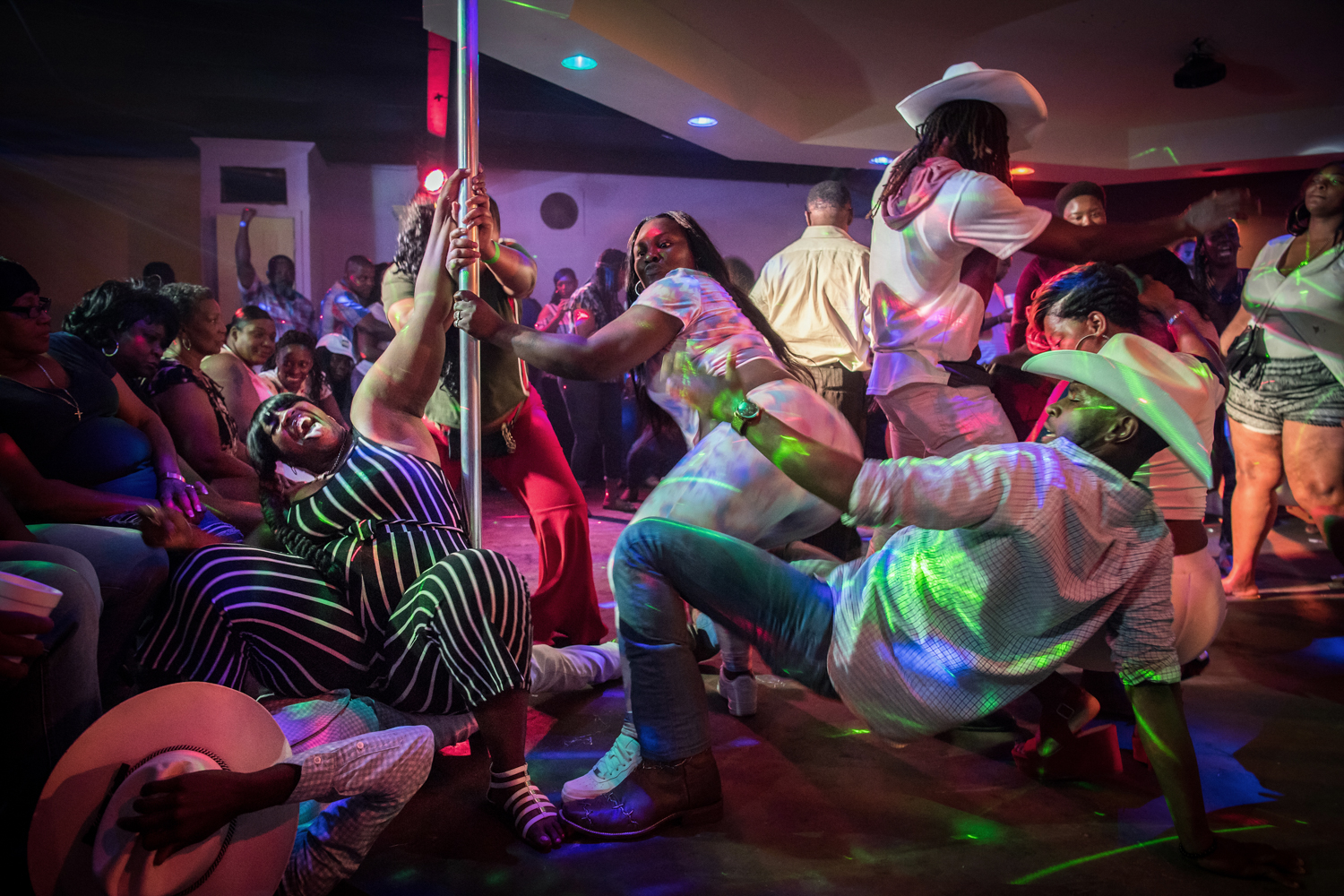Words By : Rory Doyle
Earlier this month, I received an exciting phone call notifying me that I received the 2019 Taking Focus Grant. As you can imagine, I was immediately ecstatic!
As a freelance photographer in the rural Mississippi Delta, funding for project work is crucial. Grant assistance in remote America is so critical at this time, particularly when it seems like support for the arts continues to dwindle.
The funding will go a long way in helping me continue my ongoing documentary project on African American cowboys and cowgirls in the Mississippi Delta — a subculture that has long been overlooked.
I was extremely interested in applying to the grant when I read the main elements of Taking Focus’s mission — to present stories that will impact communities; to build a better understanding of social and human rights issues; and to educate and advocate for those who do not have an equal platform to voice themselves.
The main feature of the grant that peaked my interest was the “giving back” component, where a portion of the funding will be given directly to cowboys and cowgirls photographed in my project. I’ve been extremely fortunate to publish the work in a number of outlets and multiple exhibitions — and now, through the giving back component, the grant will allow the riders to receive a contribution and have a platform to share their stories.
In my proposal, I outlined an educational outreach program where the cowboys/cowgirls would visit local K-8 schools in my county. The riders will bring their horses and talk to students about black cowboy history and local riding history. Students will be tasked with the assignment to talk to their parents/guardians and research their family’s ties to cowboy culture. I’ll collect their findings, and thus have new contacts to photograph and interview for historical context.
As previously mentioned, I’ve been blessed with the opportunity to share this body of work in a number of ways. The work was first shown at the Half King Photo Series in New York in June 2018, along with a concurrent show in Harlem. Washington Post then shared the project online, which led to more publicity from ABC News, Yahoo, PDN, The Guardian and more. The project was also supported with grants from the Mississippi Arts Commission, National Endowment for the Arts, and the Mississippi Humanities Council. Additionally, I received a first-place prize at the 2018 Eye Em awards in the journalism category.
The first full exhibit of the project was unveiled Feb. 19, 2019 in Cleveland, Mississippi (where I’m based) at the Delta Arts Alliance. Opening night for the exhibition was a career highlight for me, as the gallery was so crowded that people couldn’t fit in the building. Cowboys and cowgirls came out in large numbers and they were given the opportunity to speak about their passion. In addition, a lecture on black cowboy history was provided by a professor from the local university. The crowd was diverse, and I left with great pride seeing how the event brought the community together. It’s a night I’ll never forget.
Just a few days after opening night in Mississippi, my wife and I were extremely fortunate to travel to London and launch a separate exhibit at The Print Space Gallery on Feb. 28. It was another experience we will cherish — travelling across the pond to continue sharing these unique stories. Much like the first exhibit, the venue was packed and the crowd was diverse. Being able to share the work is a huge honor, but to see people overcoming some common racial barriers is even more rewarding.
My project will soon undergo a shift thanks to the giving back component. A greater purpose will shape, where the cowboys and cowgirls will have additional opportunities to benefit from the project. I have high aspirations that this will expand the work’s impact in the community, which is a prospect I don’t take lightly.
I’m incredibly grateful to those involved in the grant process who I’ve had the pleasure of interacting with, including judge Mike Davis (who holds the endowed Alexia Chair at Newhouse), Jennifer Kaczmarek (president of Taking Focus), and Jerry Englehart Jr.(stills director at Taking Focus). I am honored to be associated with all of you, and I’m looking forward to the next stages.
